Assessment Data
Joe Wilmoth
 USA
USA
If your test results are entered you can analyze where is the place for improvement in Analytics section
2023-09-13
filled in 41% (66 of 160)
Created: 2023-09-13 00:19
Modified: 2023-09-13 00:29
Basic data
Weight
125 lbsSubjective age
18 years oldAverage sleep duration
7 hoursDaily activity
High active Training-oriented nutrition
Half of the meals Climbing experience (excluding breaks)
1 yearsClimbing-specific training
5 days/weekVolume of climbing-specific training
5 hours/weekClimbing outdoors
30 days/yearDevelopment predisposition
Strength Training with coach
None Mental training/methods
None Overall workout
6 days/weekVolume of overall workout
8 hours/weekMassage or foam rolling
None Stretching
0.5 hours/week Average of 3 hardest leads ONSIGHTPrimary set
Average of 3 hardest leads ONSIGHTPrimary setOS lead level
5.10b YDS USA Average routes length
40 ftEnvironment
Rocks Climbing angle
Vertical  Average of 3 hardest leads REDPOINTPrimary set
Average of 3 hardest leads REDPOINTPrimary setRP lead level
5.13b YDS USA Average routes length
35 ftEnvironment
Rocks Climbing angle
Overhung  Average of 3 hardest boulders FLASHEDPrimary set
Average of 3 hardest boulders FLASHEDPrimary setFlash boulder level
V7 USA Environment
Rocks Climbing angle
Overhung  Average of 3 hardest boulders REDPOINTEDPrimary set
Average of 3 hardest boulders REDPOINTEDPrimary setRP boulder level
V10 USA Environment
Rocks Climbing angle
Heavy overhung / Roof Strength / Power / Endurance
 half crimp dead hang @ 10 seconds -> MAWPrimary set
half crimp dead hang @ 10 seconds -> MAWPrimary set45 mm edge
165 lbs20 mm edge
135 lbs15 mm edge
120 lbs10 mm edge
95 lbs 3 finger dead hang @ 10 seconds -> MAWFull set
3 finger dead hang @ 10 seconds -> MAWFull set45 mm edge
25 lbs20 mm edge
10 lbs15 mm edge
10 lbs10 mm edge
10 lbs minimum edge dead hang @ 4 seconds -> MEFull set
minimum edge dead hang @ 4 seconds -> MEFull setminimum edge depth
5 mm continuous dead hang @ 40 - 100 seconds -> MHTPrimary set
continuous dead hang @ 40 - 100 seconds -> MHTPrimary set45 mm edge
40 seconds20 mm edge
31 seconds15 mm edge
25 seconds 90° lock-off @ 10 seconds -> MAWPrimary set
90° lock-off @ 10 seconds -> MAWPrimary setboth hands - easy
85 lbsleft hand - hard
10 lbsright hand - hard
15 lbs 3 pull-ups -> MAWFull set
3 pull-ups -> MAWFull set3 pull-ups
90 lbs campus power slap -> MaxDPrimary set
campus power slap -> MaxDPrimary setleft arm
135 cmright arm
140 cm 90° bent arm hang -> MHTPrimary set
90° bent arm hang -> MHTPrimary setboth hands - easy
30 secondsleft hand - hard
15 secondsright hand - hard
20 seconds pull-ups -> MRPrimary set
pull-ups -> MRPrimary setpull-ups
30  dips -> MRFull set
dips -> MRFull setdips
10  core flexor strength -> MHTPrimary set
core flexor strength -> MHTPrimary set90° L-hang - easy
20 seconds45° front lever - hard
10 secondsMobility / Flexibility
• bends down -> MinDPrimary set
forward bend down to the toes
0 inchesleft side bend down
6 inchesright side bend down
6 inchesBalance / Coordination
To enter data edit the assessmentMental
I know how to manage my focus while climbing.
Sometimes
I know what can distract me while climbing (noise, sun, wind, other climbers, comments, slippery foothold or hold) and I can control it.
Always
My mind races before I pull on and during climbing or I talk to myself too much.
Never
My mind races when I approach a difficult spot or a crux.
Often
I can successfully motivate myself by encouraging myself inside my head or to myself.
Sometimes
I use my favorite "key/anchor" words f. ex. I can do it, hold it, you are strong, breathe now!
Never
When I'm climbing, I expect that I will give my best and send a route or a boulder.
Often
I enjoy taking part in competitions or climbing outside even if I fail or send the route inefficiently.
Always
Skills development is crucial or important in my climbing and I have an overall plan for my development.
Always
While climbing a project or in competitions I only think about not falling off, not losing to a rival, not being last place.
Sometimes
I know what is important and valuable to me in climbing.
Always
I have a training plan for each season.
Rarely
I decide to make difficult moves even when I'm high above the quickdraw or high on a boulder.
Rarely
I believe in my climbing capabilities and that I will achieve everything I plan.
Always
I can imagine doing my climbing task using kinesthetic sense (f.eg. load on fingers, type of friction, shoulder tension, legs tension, body position, etc.).
Always
When I choose a climbing goal I train regularly by imagining the send before my trip to the crag.
Always
I use visualization to bring about the right emotional state, relax my body, and focus before competition or important real rock projects during climbing.
Sometimes
I can imagine the entire sequence of moves or sequences in the most important places, including foot holds and holds, in their actual order.
Rarely
 Share
Share